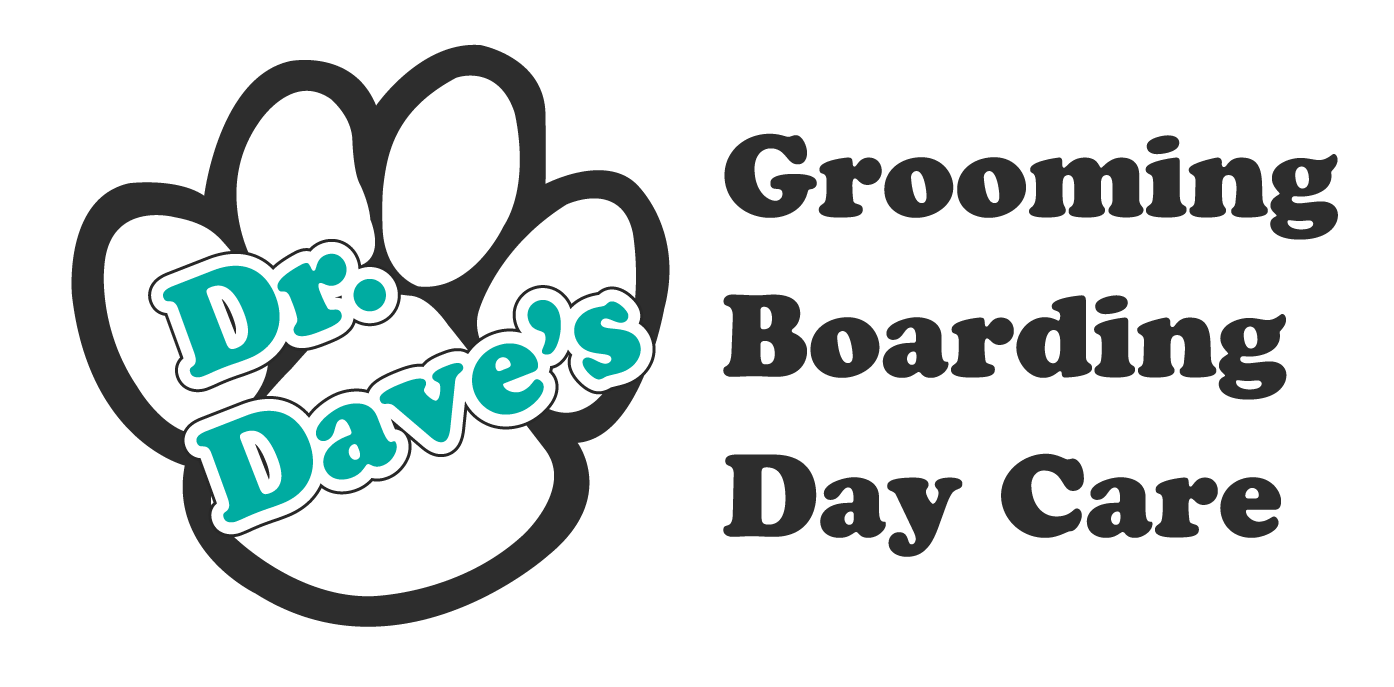Spotlight on Canine Obesity
Spotlight on Canine Obesity
Canine obesity is a common problem among aging dogs. If your dog is overweight or obese, he may have a higher risk of developing more serious health problems such as heart disease and diabetes. The next time you take your beloved canine companion to doggy day care in San Jose, compare his weight with other dogs his age or breed. If your dog seems significantly heavier, discuss his diet and weight with your dog groomer or veterinarian.
How to Tell if Your Dog is Overweight
Place your hands on your dog’s back and move them over his spine and across his ribs. There should only be a thin layer of fat between his skin and bones, and it should be very easy to feel the shape of his bones through his skin. Your veterinarian or dog groomer can tell you the optimal weight for your dog based upon his breed and age. If your dog weighs up to 15% more than his optimal weight, he is considered overweight. If your dog weighs more than 15% of his optimal weight, he is considered obese.
How to Control Your Dog’s Weight
Your veterinarian should be able to help you find ways to control your dog’s weight and help him lose weight. You can change your dog’s diet, limit his portions, and help him get more exercise. You should initially reduce your dog’s food intake by 15-20% for about eight weeks to see if that makes a difference in his weight. You can also reduce the number of treats that you give him, and offer your dog healthier alternatives to store-bought dog treats, such as vegetables, small pieces of meat, and rice cakes. If your pet is on a doggie diet, rely that information to the pet boarding facility so he doesn’t get any treats he’s not allowed to have.
What to Do if Your Dog Doesn’t Lose Weight
If your dog has not lost weight after you have reduced his portions, limited his treats, and made him exercise more often, then his problem may be medical. A number of medical issues can cause dogs to gain weight, including thyroid problems, hormonal imbalances, diabetes, heart problems, and high blood pressure. Your veterinarian may put your dog on medication for his condition that can ultimately help him lose weight
